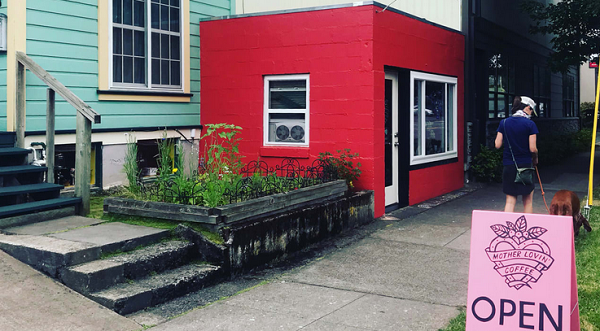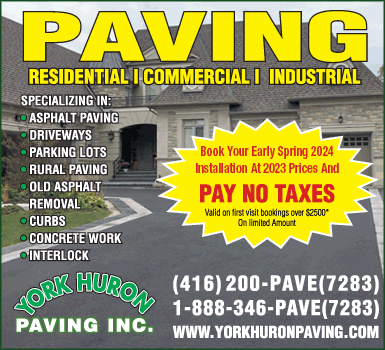Toronto City planners to float new rules for small businesses within residential zones
Where do corner stores, cafes and ice cream shops belong in Toronto? It’s a question city planners will be asking Torontonians in the weeks ahead, as they float a new set of rules that would allow new tiny retail and service establishments in the city’s residential neighbourhoods.
Right now, Toronto’s planning rules say areas zoned residential are meant only for homes. Businesses that existed before the city’s zoning rules can still operate, but retail or other commercial operations are largely pushed to other parts of the map.
Remnants of an older, more permissive city can still be seen in many Toronto neighbourhoods, with establishments from Little Italy’s Bitondo’s pizzeria to Cabbagetown’s Park Snacks ice cream window and Little Portugal’s Berhardt’s rotisserie nestled between houses. But they’re a dying breed, with only 1,406 neighbourhood retail and service sites in 2019 versus 2,100 in 1989.
The draft changes going before a city committee this week aim to turn that trajectory around, describing local retail and service operations as an “important addition to the mosaic” of neighbourhood areas.
“The iconic example, of course, is the local corner store,” Toronto zoning director Kyle Knoeck said in an interview. “It used to be very prevalent … (but) going back to the 1950s, when zoning began to really emphasize strict separation of uses, we stopped permitting those local retails and services.”
Not only is that older model still attractive to many, Knoeck argued, as they offer the ability to zip down the street for a carton of eggs. His team sees the model as even more valuable since the pandemic re-arranged working life, leaving many Torontonians spending more time in their home communities than ever.
“This is something people really value about their neighbourhoods — as opposed to something we want to regulate out of existence,” Knoeck said.
The proposal lays out one set of rules for “major streets” that intersect with residential areas, and another set of rules for interior roads and laneways.
The major street permissions would be more far-reaching, allowing a range of businesses up to about 1,600 square feet, including artists’ studios, workshops, medical clinics, tailors, barbers, pet groomers and eateries.
Options on neighbourhoods’ interior roads would be more limited, focusing on corner lots and sites beside non-residential space such as parks and schools. Only retail would be allowed, though they could serve hot drinks — such as a coffee shop — and pre-packaged or “low risk” food items. No “full scale kitchen or restaurant” would be allowed, with a maximum size of about 1,200 square feet.
In both locations, the proposal would allow “a small amount” of outdoor space to be used to display goods or serve as a patio, to a maximum of about 108 square feet. “Music and dancing is not permitted,” city staff warned.
The music prohibition seems to respond to concerns raised since the city’s study began, with some residents arguing that patios could cause a nuisance and prove to be noisy neighbours to nearby homes.
It’s also a concern city staff heard in past planning applications, Knoeck said.
Getting ahead of any concerns on parking, planners also argue their pitch will limit parking impacts by directing most neighbourhood businesses to major streets. Those locations can be accessed by transit, on foot, or by using “short term paid parking,” the report said.
The draft changes also include rule adjustments for home-based businesses. In addition to the resident of the home, planners are proposing to allow up to two employees — and in certain cases, such as an artists’ studio, the city would waive a current prohibition on allowing clients or customers on-site.
“Currently, only an education use is excluded from this prohibition,” the report said, with Knoeck noting piano lessons as one such example. The proposal would also allow businesses to operate from a shed or rear garage.
The proposal is slated to go before Toronto’s Planning and Housing Committee for consideration on Thursday. If greenlit, the draft changes will be presented for a combination of virtual and in-person consultations in May and June, to inform a final recommendation to return to councillors by late 2024.
This article was first reported by The Star
















